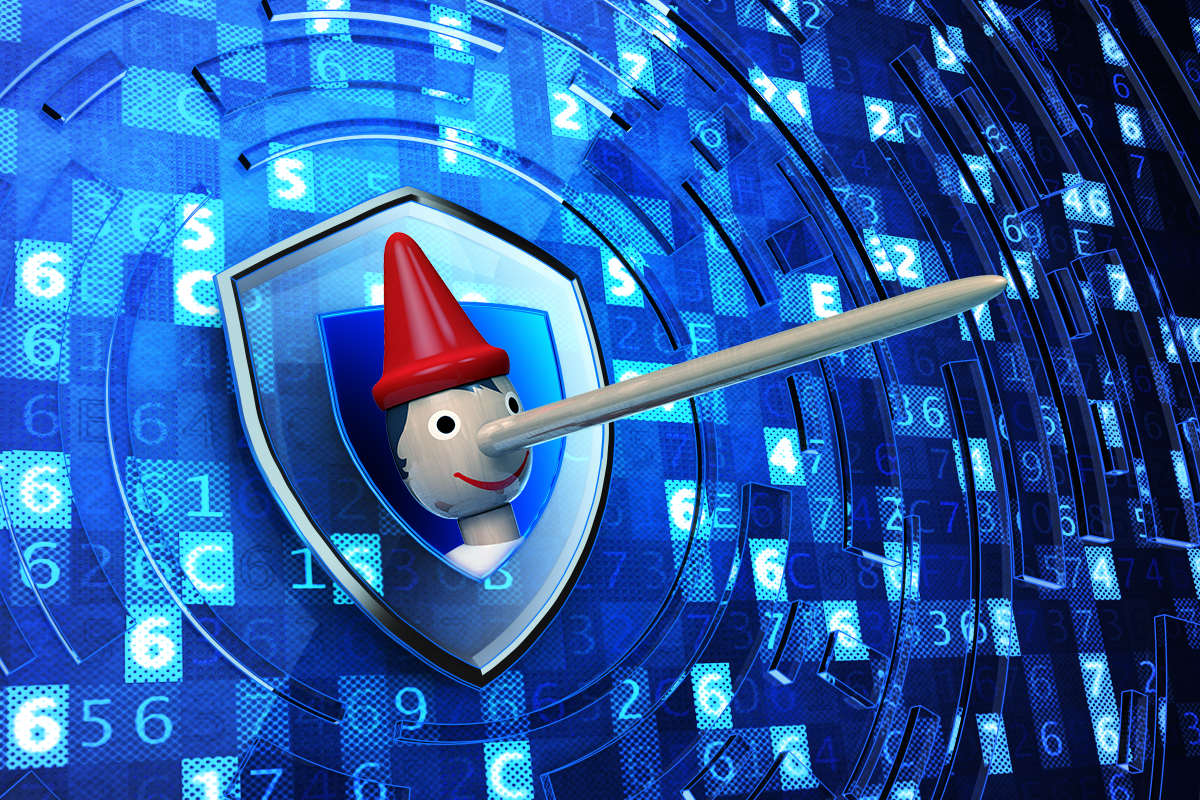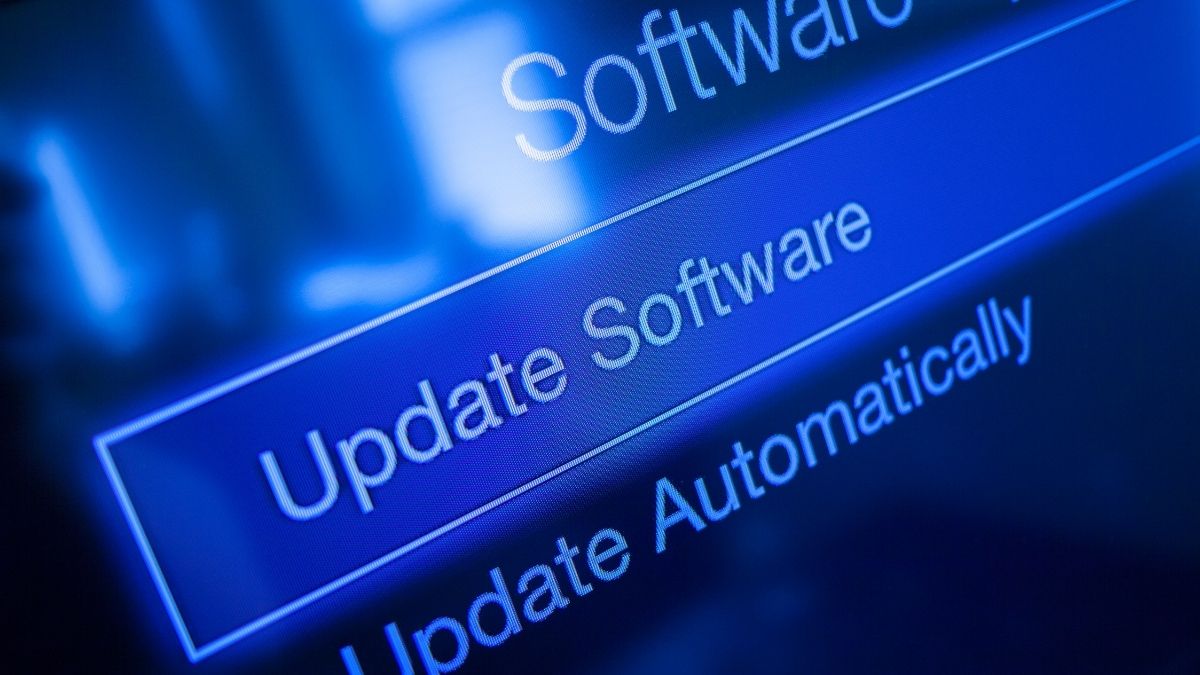Prevention is futile
About 10 years ago, long before the ransomware pandemic began, the powers that be decided that cyber prevention was futile, and cyber security should exclusively focus on reaction. Development and improvements to legacy preventative solutions were halted in favor of reactive architectures such as antivirus, EDR, XDR, and EPP. A more prudent and effective strategy is a hybrid between prevention and reaction, however abandoning prevention, maximized revenue for the cybersecurity industry.
Multifactor Authentication is the answer
Although MFA is prevention, MFA is expensive with recurring maintenance costs. Not all ransomware enters through an authentication breach.
Backing up data stops ransomware
When ransomware was in its infancy, good backups enabled quick restoration of operations and no ransomware payments. Today’s ransomware exfiltrates data, disables backup services, and encrypts the original data set and the backup. Airgapping backups is useless, since the ransomware waits until the backup is not airgapped, and encrypts at that time.
Reacting quickly is the key to stopping ransomware
While it is possible to monitor, detect and respond to malicious human activity, ransomware traverses a network at 100 to 1000 times the speed of humans. Ransomware infects a network in seconds or perhaps a few minutes. People cannot respond fast enough.
Ransomware is here to stay
Repeating this lie is job security for the sycophants of the cybersecurity industry. Ransomware is a business with revenues (ransom payments) and expenses. Proactively preventing the ransomware from entering the network simultaneously drives down revenue and increases the costs of the ransomware business model. Ransomware is a metastasizing cancer, but there is still time to suffocate its lifeblood, money.
The problem is Russia
Ransomware is the monetization of security holes. The purveyors of ransomware only need a fast internet connection, obfuscation tools, and a country outside of American law enforcement. Even if ransomware’s origin were Russia, ransomware could be made almost anywhere whose citizens are looking to make a quick million and get away with it.
The higher the budget, the better the cybersecurity
This one is up there with “lather, rinse, repeat” and “drinking alcohol daily improves life expectancy”, although you got to love the moxie. Cybersecurity giant, Accenture, was hit with a garden variety ransomware that stole terabytes of proprietary data, and a $40M ransom. Accenture had almost unlimited budget for cyber. The Accenture infection is analogous to the neighborhood fire department, fire trucks, and firemen burning to the ground.
Layered security is the right approach
This lie is the cybersecurity industry saying that they have no idea whether this widget works, and neither do you, so you might was well give it a try. This Frankenstein approach to cybersecurity makes it impossible to understand what works and what is useless. Paying for useless security maximizes revenue for the cybersecurity industry.
There are no silver bullets
Application whitelisting is the silver bullet. NIST advises organizations to use modern whitelisting programs, also known as application control programs, to stop cyber threats. The Australian Signals Directorate’s Essential Eight Maturity Model has four levels (0-3) and levels 1, 2, and 3 require application whitelisting.
Cybersecurity is complicated
The cybersecurity industry’s ineffective, reactive, throw spaghetti at the wall, prevention be damned architecture is complicated and intellectually out of reach for businesses, lawmakers, and laypeople. There are many prevention paradigms in our society and none are complicated. Health care, fire prevention, tooth paste, home security and so on. Making cybersecurity unduly obtuse and complicated is part of the industry’s sales playbook but it doesn’t have to be this way.
What can you do?
- Stop repeating the lies
- Use common sense
- Keep an eye on Australia
- When buying cyber products, ask whether any of their customers have been infected with ransomware lately.
Visit PCMatic.com for more information on how Application Whitelisting Software can help protect your organization by preventing malware and ransomware cyber threats.




